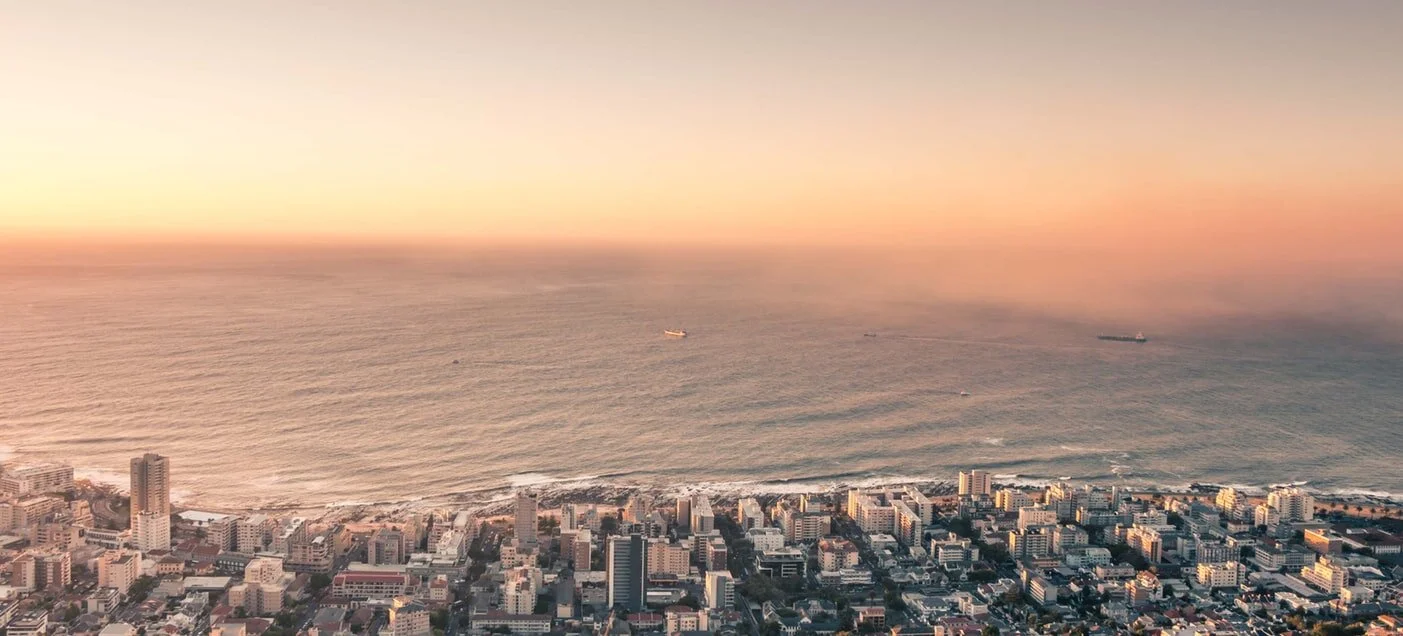SDZ Alliance is a non-profit/NGO joint venture of individuals and organizations responding to the complex challenges connected with desperate migration and rapid urbanization through “sustainable development zones” (SDZs), which are new urban communities with special legal and administrative institutions that further sustainable development in line with the UN Agenda 2030.
Creating Cities of Arrival for Migrants
We develop the physical and institutional structure of SDZs, including their legal, policy, administrative, financial, masterplanning, and operational needs. We do this by leveraging our own expertise and by bringing together key stakeholders from government, private sector, civil society, and the international community.
A woman and her child walk along the “Champs-Élysées” – the main street in the Za’atari refugee camp for Syrian refugees in Jordan. Photo by Russell Watkins/Department for International Development
Innovation with Experience
We are a joint venture of individuals and organizations dedicated to addressing the challenges of the informal economy through sustainable development zones, or SDZs. Together, we bring expertise in international politics, post-conflict management including economic reconstruction, institution building, migration management, humanitarian and development policies, special economic zones, and urban planning and management.
With our extensive network of public and private partners tailored to meet the needs of specific projects, we offer solutions that help meet the UN’s Sustainable Development Goals and create cities where migrants and all other residents can work and thrive.
“Kilian Kleinschmidt, Joachim Rücker and Michael Castle-Miller have proposed Sustainable Development Zones (SDZs) at the sub-national level. This concept includes elements from …other ...approaches and from the ‘Jordan Compact’, as proposed by Alexander Betts and Paul Collier…(and) would allow us to consolidate our values and interests…”
“Special economic zones... should be created, in order to generate investment, economic opportunities, and jobs for refugees and locals alike.”
– Emma Bonino
“Public-private partnerships will be explored, in full respect of the humanitarian principles, including: possible new institutional arrangements and methodologies for the creation of commercial business venture conditions and financial/business instruments; to support refugee and host community employment and labour mobility; and to enable greater opportunities for private sector investment…”
"The impact (of Covid 19) has been felt hardest by the 2 billion people who work in the informal economy around the world - mainly in middle and low-income countries. Already only one day’s work away from going hungry, in other words living hand to mouth.“
—WFP ED David Beasley
“Corresponding developments of the concept of special economic zones into transparent special development zones, in which the necessary infrastructure and good rule of law and market conditions for all are formed, can massively accelerate local, intensive value creation and foster a new, positive understanding of migration and integration combined with good governance.”
“Individuals seeking refuge from a toxic and deadly environment could be welcomed not into camps, but rather proto-cities…(to) encourage hope of a different, more secure life by nurturing positive seeds of knowledge, capital, and liberal self-government.”
– Anne Marie-Slaughter
“It is clear...that private sector investment in support of refugee communities and host countries will be of critical importance over the coming years.”
“(We) will… Invest in sustainable development at local and national levels in all regions allowing all people to improve their lives and meet their aspirations, by fostering sustained, inclusive and sustainable economic growth, including through private and foreign direct investment and trade preferences, to create conducive conditions that allow communities and individuals to take advantage of opportunities…”
– UN sponsored Global Compact for Safe, Orderly and Regular Migration from 2018 (para 18d)
“...I participated in a workshop at the Friedrich Alexander University in Nuremberg (thank you, Petra Bendel!) in which Günter Nooke, UNHCR Germany, GIZ etc. discussed the concept of the SDZ... I am all the more convinced of this after the discussions; I hope for a pilot project soon. Time is running out.”
“Like the Jordan Compact and the Ethiopia Jobs Compact the still young proposal of Sustainable Development Zones connects to the model of Special Economic Zones and combines it with the basic concept of the so called Displacement Economies. The latter are about stimulating economic growth by using the potential of displaced people with regard to additional labor as well as new qualifications and skills.”
Get in touch.
If you would like to discuss the work of SDZ Alliance and our members, please contact us today.

